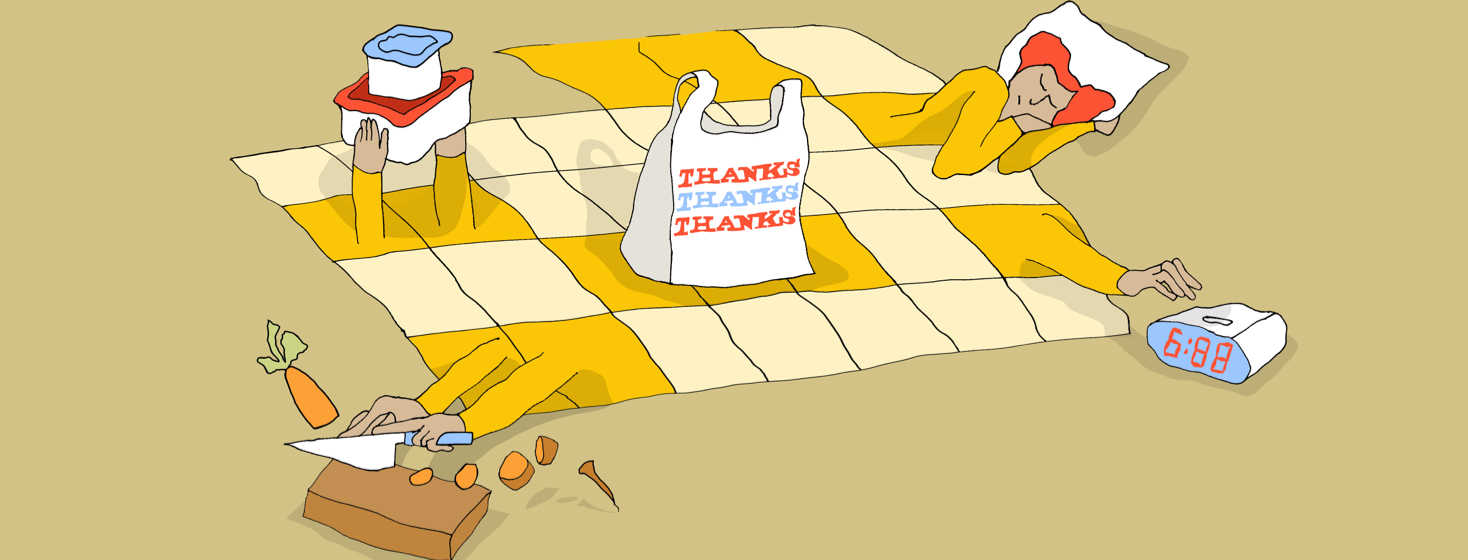Aftercare with Lung Cancer
Sometimes, depending on your healthcare facility, there may or may not be a clear indication of the best aftercare practices after being diagnosed with lung cancer. At times, you may feel that your physician or the “team” assumes you know how to make decisions after your cancer has been established.
There are some simple enough steps to try and proceed towards being healthy despite a lung cancer diagnosis. However, the call-outs are not always evident.
What is lung cancer aftercare?
So, what is aftercare for lung cancer all about? Anything after the fact of diagnosis may seem pointless, but it isn’t. Though your health may be affected by cancer, it’s still important to carry out healthy aspects of living.
Though smoking may be a deterrent to lung cancer, once you're diagnosed, it would seem wise to quit smoking if you were a smoker. Aftercare is regrouping from what the diagnosis proposed and making a go in trying to reclaim some aspects of living a healthy life, despite what is happening. There’s also aftercare for surgical procedures that your cancer care team will more than likely review, which could address things such as:
How can you practice aftercare?
How do you move forward during or after active treatment? As I previously stated, it's important to make an effort to choose the healthiest choices (even more so).
Recommendations for improving health aren't just for people without special ailments. Everyone can benefit from living in a better life space. Let’s review some options to consider:
1. Diet
It can be frustrating following the proper protocol for what is best to eat. Especially when you don’t have an appetite, due to the high-powered meds and your body rejecting food!
Now what? It may be best to move in the best steps with a registered dietician, one that understands and can guide you best with what nutrients the body is in need of based on what is entailed with lung cancer and treatment. I've found that a balanced diet is always key with healthy fats, low saturated fats, healthier carbs, and plenty of fruits and vegetables.
2. Exercise
Exercise may help your body recover quickly after and during cancer treatment. The range of exercise can vary, but low-impact routines can allow some form of mobility that is usually encouraged - depending on your situation.
It might even help increase breath and lung capacity, and can also be a tool to help reduce stress, as well as re-building strength and endurance. 1
3. Reducing stress
This may be easier said than done, but stress can be a huge factor in aftercare. Life will present so many obstacles, and sometimes all at once, but using some forms of stress reducers can help you in your situation of trying to get a handle on everything. These may be some options to consider:
- Using various forms of exercise for 20-30 minutes, starting with a light warm-up and stretching.
- Mindfulness and meditation, using forms of breathing and being still to help lower and curve stress.
- Talking about it with others in support groups who may relate to similar situations.
Aftercare afterthoughts
The goal of aftercare for lung cancer is to try and live the best of you by pulling from various resources that help you process change while maintaining a healthy lifestyle those changes.
The time to fight is now, with integrity, grace, hope, and a smile….when you feel like it!

Join the conversation